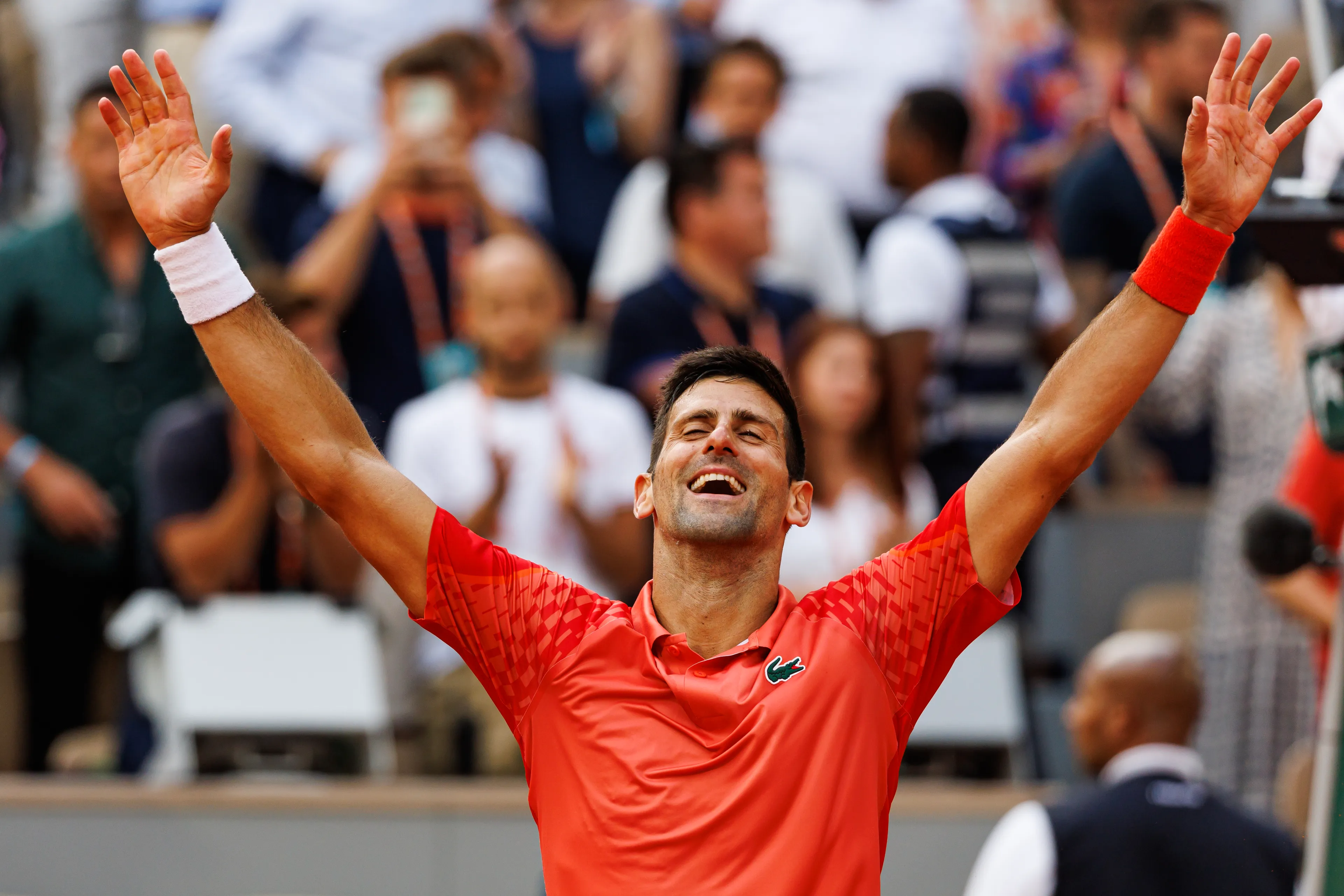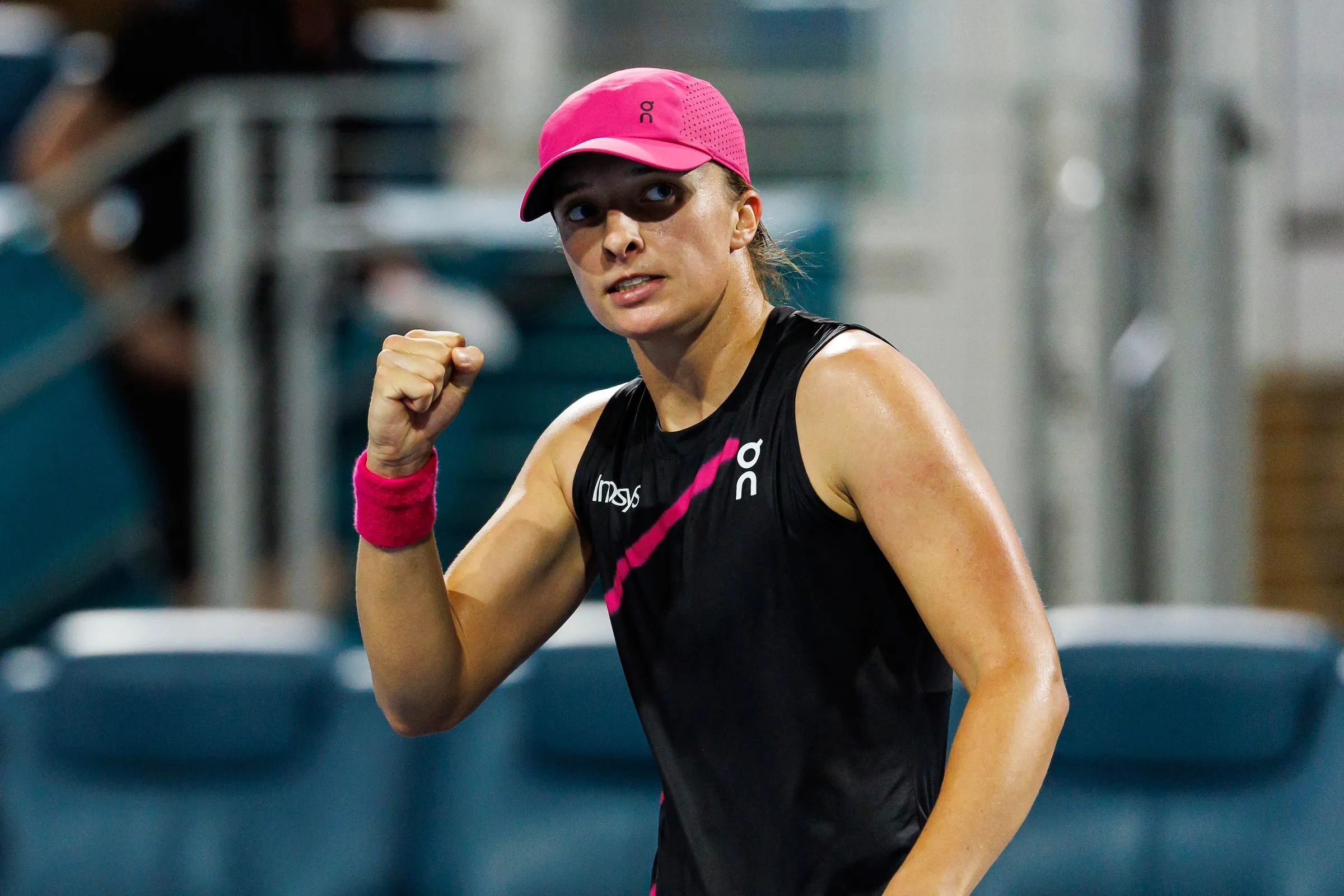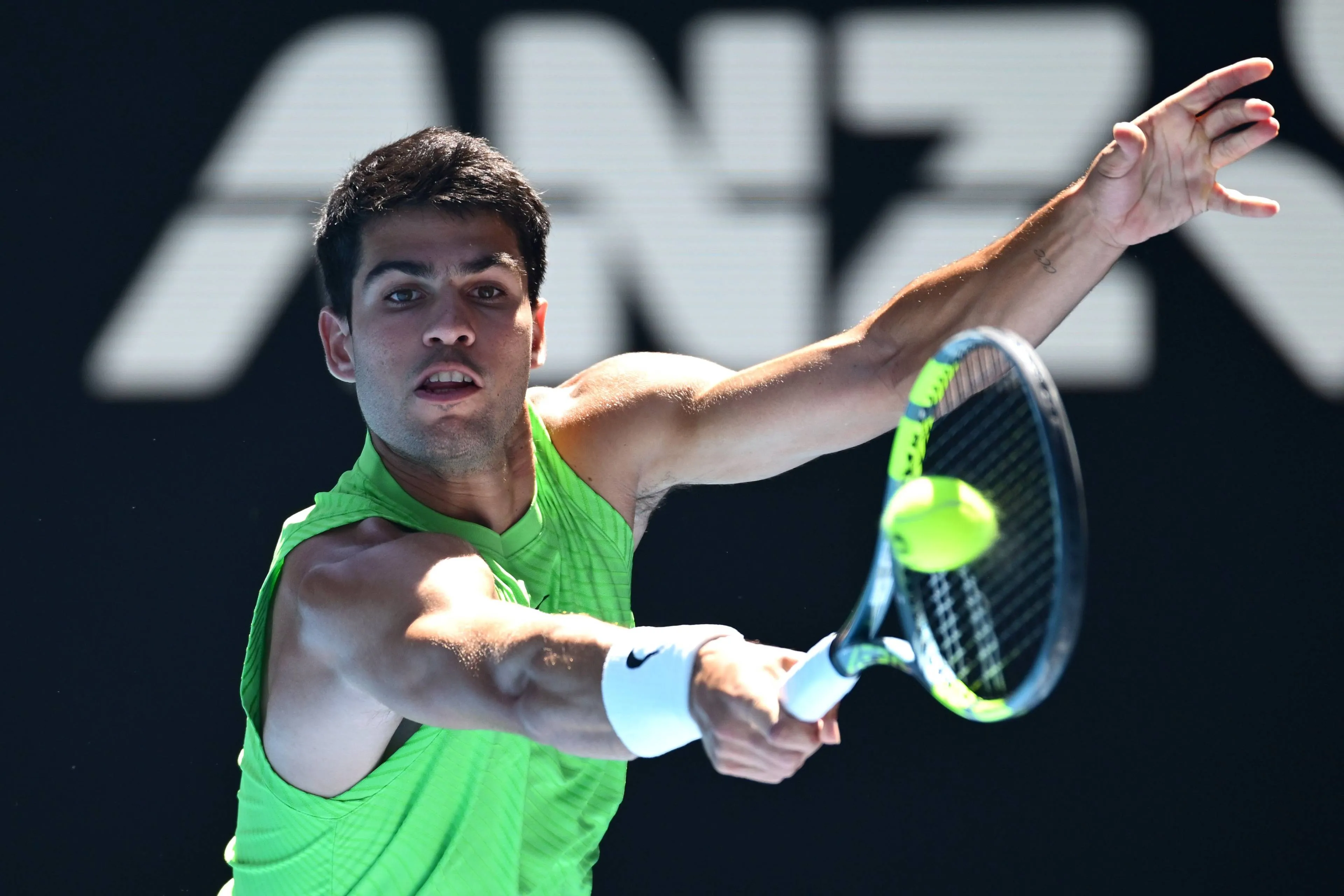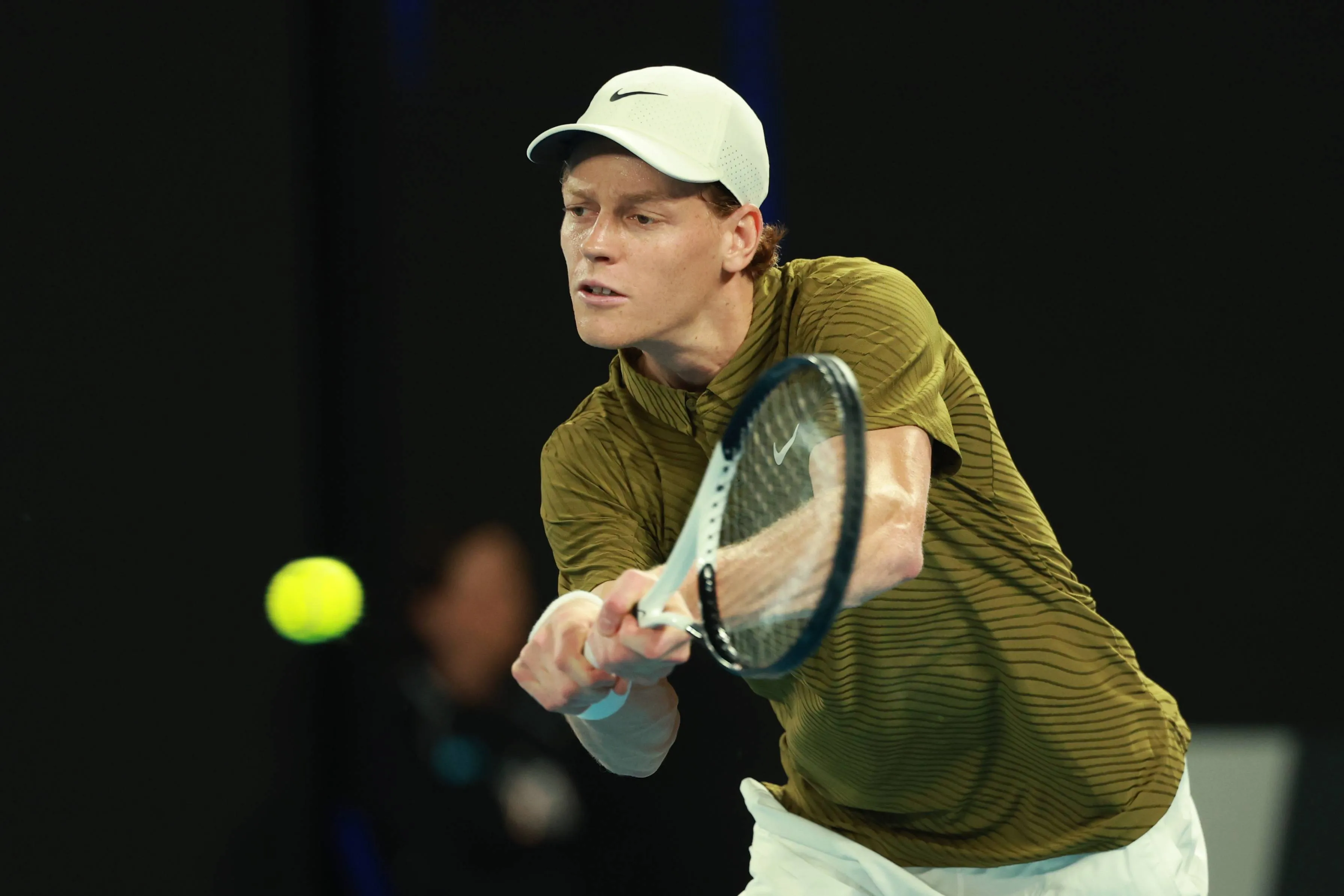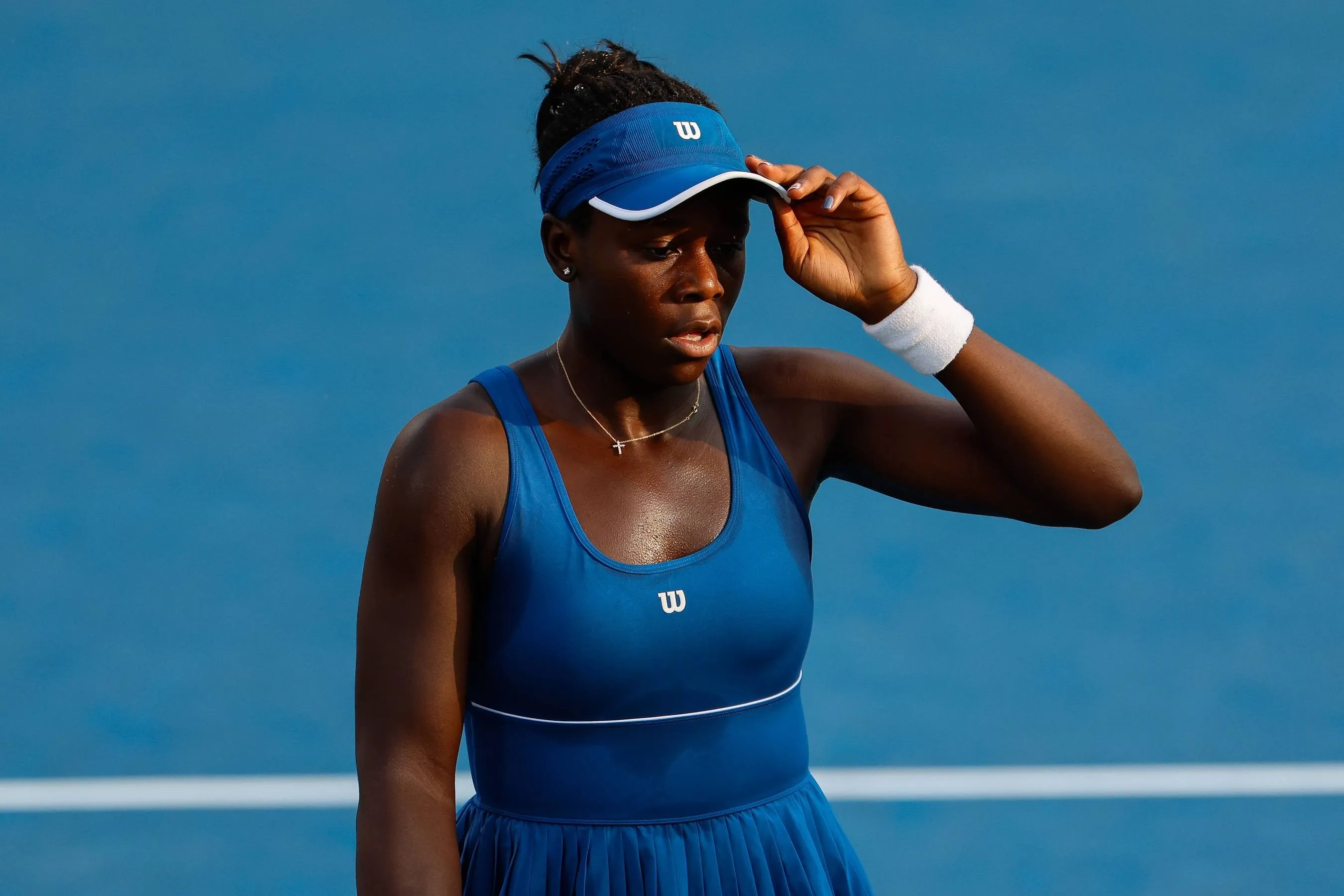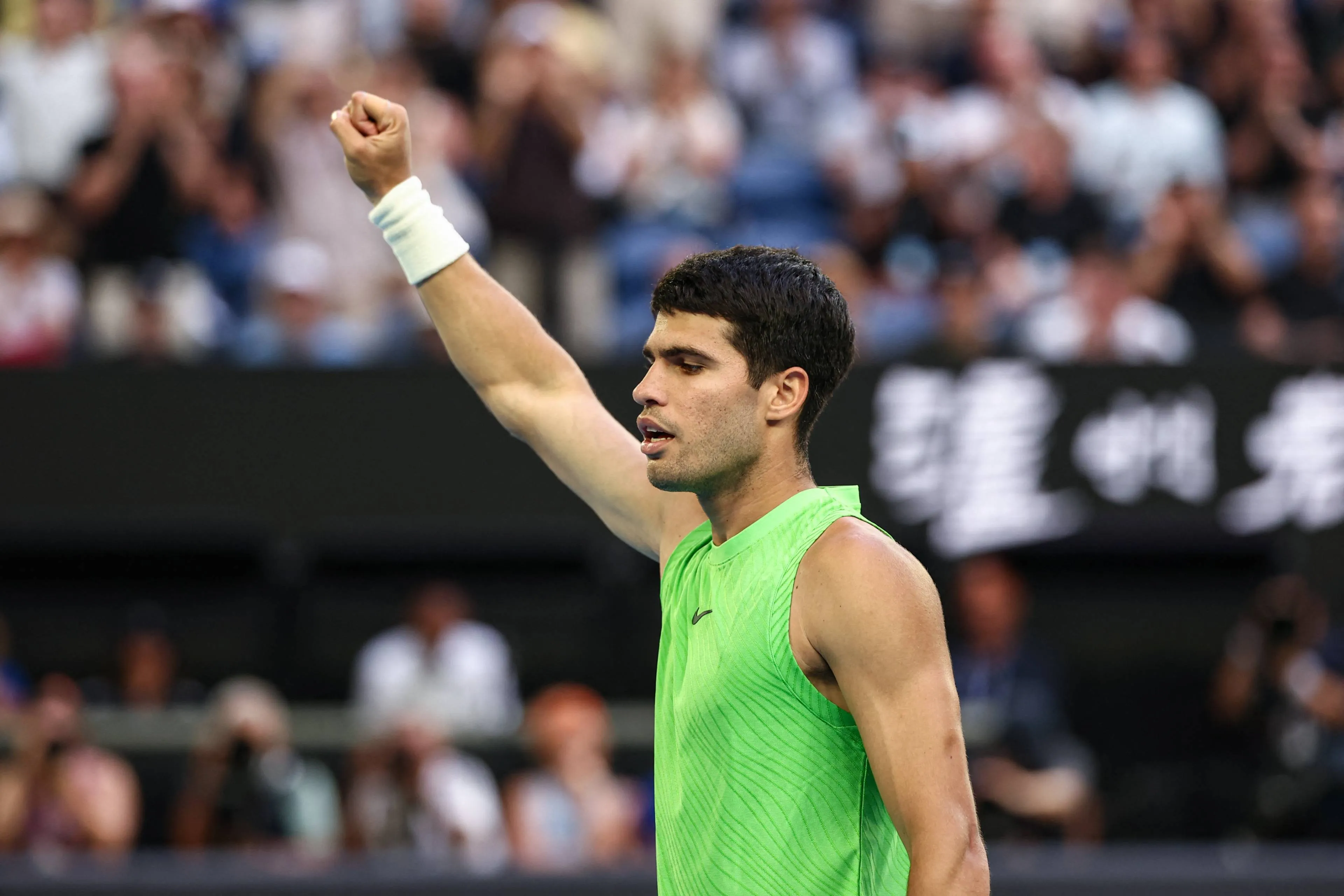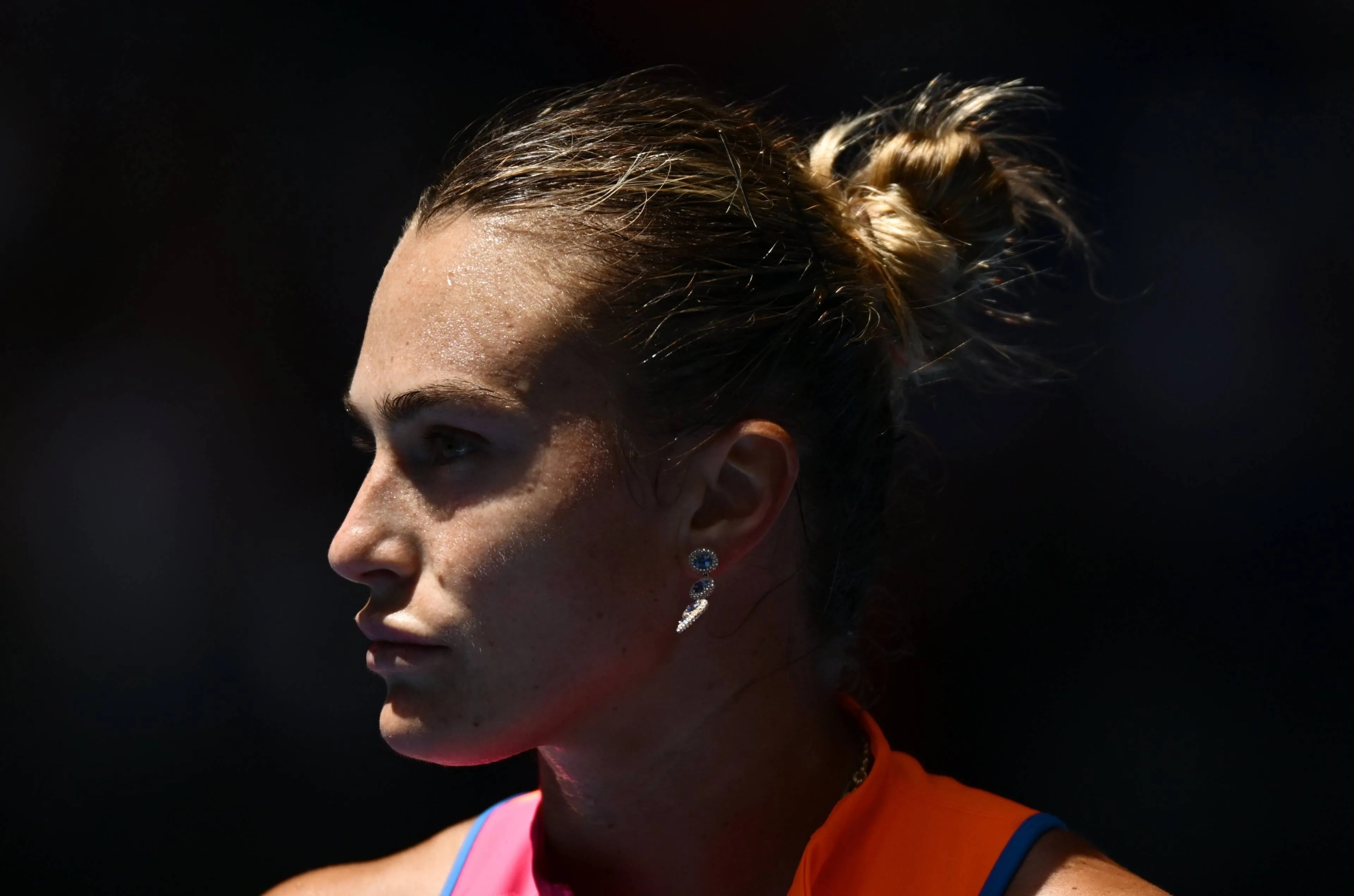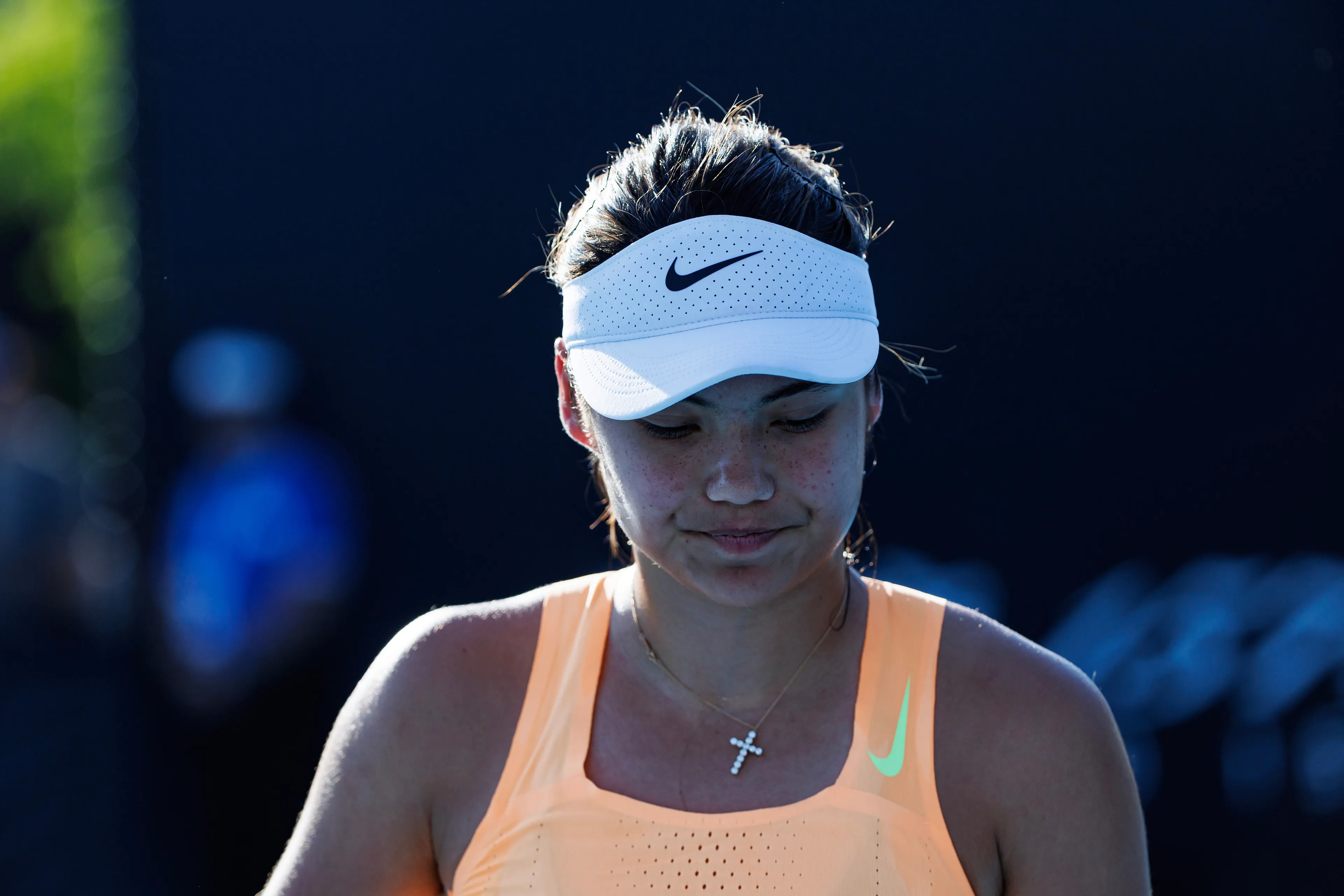Aryna Sabalenka Calls Herself 'A B**ch' And 'Unpleasant' In Shocking Admission
NewsTuesday, 13 May 2025 at 00:26

Aryna Sabalenka spoke brutally honestly during a recent interview about how her on-court persona is entirely different from what she is like off the court.
The WTA world No. 1 has one of the most bubbly and friendly personalities in tennis, as seen during interviews, press conferences, and other events. She always brings a positive energy that must be infectious for those around her.
By contrast, Sabalenka possesses a fiery temperament in matches. Despite being close to her team, the Belarusian often shouts at them during tough moments and also directs cutting remarks at herself after bad shots.
Sabalenka did not hide anything when asked about the subject during an interview with Bolshe!. She admitted to not being nice when competing, but feels that it is necessary when striving to achieve excellence as an athlete.
"I can say that I am a very unpleasant person on the court, I am downright nasty. Well, not nasty, no, very tenacious, with a character. Probably b**chy. In short, a b**ch, yes. That’s how they called me here. Probably, I have sporting greed and tenacity."
"I think you have to be mean. Of course, you can be a good person, a good girl off the court, but on the court you have to be mean, hungry, greedy and very unpleasant."
This is an interesting perspective shared by many other great players. For example, Serena Williams, widely regarded as the greatest women's player ever, carried a fierce edge during matches that many opponents found intimidating.
Even legends who were quieter on the court occasionally had angry blow-ups. Roger Federer, known worldwide for his cool temperament, shouted, "You fu**ing stopped" at Andy Murray during a tense moment in their 2013 Australian Open semifinal.
Federer's rival and friend, Rafael Nadal, was an exception. Although he carried an intimidating presence due to his ferocious intensity before and during matches, the Spaniard did not feel any need to be unpleasant and never smashed a racket throughout his legendary career.
Read also
Although Sabalenka thinks being mean is necessary for her success, she has also spoken in the past about maturing by being gracious to opponents after losses, something the 27-year-old did not always do in her early years.
No one can doubt that Sabalenka's approach has been wildly successful. The three-time Grand Slam champion currently holds a massive lead at No. 1 in the WTA rankings, and could extend it further after the 2025 Italian Open.
Sabalenka has already reached six finals in 2025, winning three of them. Her final losses included falling in one of the best women's Grand Slam finals ever to Madison Keys, who secured her maiden major title.
Although Sabalenka admits some of those final defeats were heartbreaking, she also views consistently getting to finals and getting over the line some of the time as a positive problem to have.
"Well, honestly, that’s a good problem to have. At the same time some of the finals I lost were really heartbreaking and were really tough to kind of like accept."
"At the same time, I understand that sometimes you just have to learn and sometimes you’re not that good on court, you just have to accept, learn from that loss, and come back stronger."
Read also
Loading

